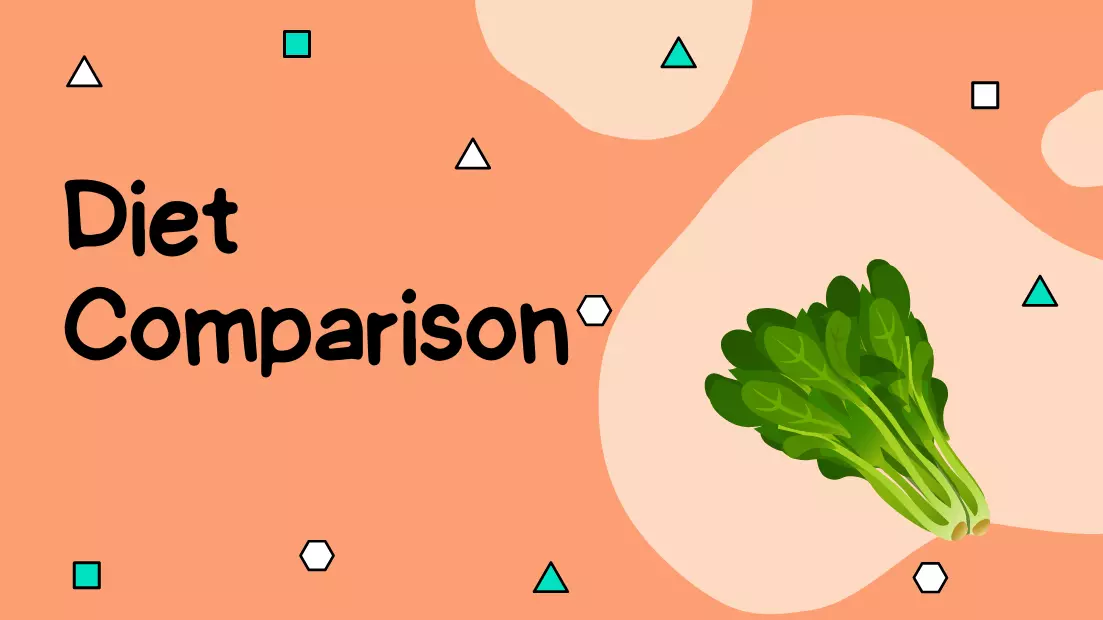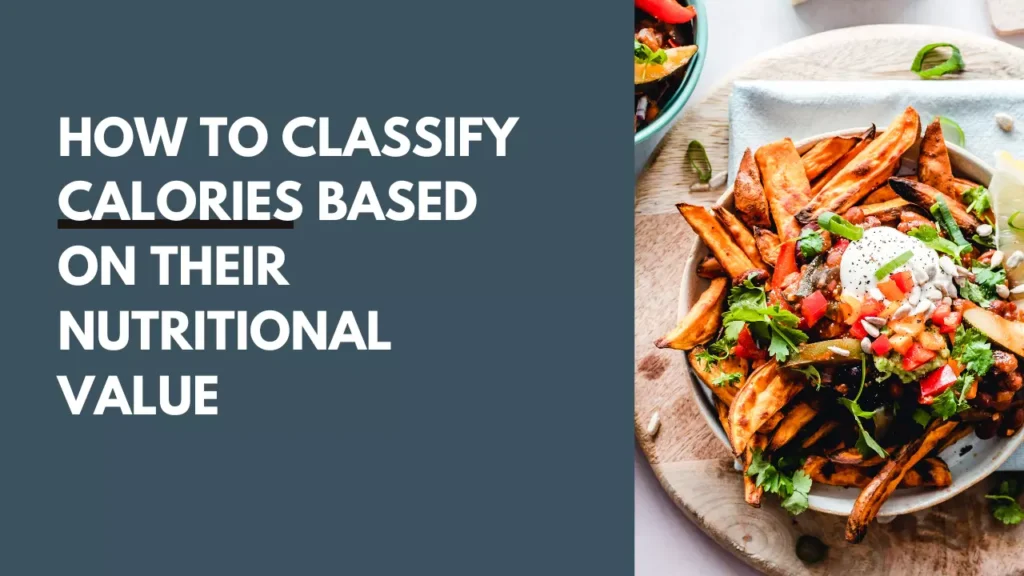
In the quest for a healthier lifestyle, choosing the right diet is crucial. With a plethora of options available, understanding the nuances of each can be overwhelming. This diet comparison aims to shed light on popular diets, exploring their benefits, drawbacks, and potential impacts on your overall well-being.
Paleo vs. Keto: Unveiling the Differences
Paleo Diet
The Paleo diet draws inspiration from our ancestors, emphasizing whole foods and eschewing processed items. This diet revolves around lean meats, fish, fruits, vegetables, nuts, and seeds. The primary idea is to mimic the diet of our pre-agricultural, hunter-gatherer forebears.
- Emphasis on Whole Foods: Paleo enthusiasts prioritize unprocessed, nutrient-dense foods, promoting better digestion and sustained energy levels. The focus on whole foods ensures a higher intake of essential vitamins and minerals.
- Restriction of Grains and Legumes: Advocates argue that our ancestors did not consume grains and legumes, attributing these exclusions to potential digestive issues. However, critics suggest that these food groups offer valuable nutrients and fiber.
Keto Diet
The Keto diet, on the other hand, emphasizes low-carb, high-fat consumption, pushing the body into a state of ketosis. This metabolic state encourages the burning of fat for energy instead of carbohydrates, potentially aiding in weight loss.
- Rapid Weight Loss: One of the Keto diet’s touted benefits is its ability to induce rapid weight loss by promoting fat burning. This rapid weight loss, however, may not be sustainable in the long term.
- Impact on Energy Levels: Some individuals report increased mental clarity and sustained energy levels on a Keto diet, attributing it to the stable blood sugar levels associated with reduced carbohydrate intake. However, others may experience fatigue during the initial transition.
Mediterranean vs. Vegan: Navigating Plant-Centric Paths
Mediterranean Diet
Originating from the coastal regions of Southern Europe, the Mediterranean diet emphasizes fruits, vegetables, whole grains, fish, and olive oil. It is renowned for promoting heart health and overall well-being.
- Heart-Healthy Fats: Olive oil, a staple in the Mediterranean diet, contains monounsaturated fats that may contribute to cardiovascular health. These heart-healthy fats are believed to lower bad cholesterol levels.
- Moderate Wine Consumption: Moderate red wine consumption is a characteristic feature of this diet, linked to potential cardiovascular benefits. However, it’s crucial to note that excessive alcohol intake poses health risks.
Vegan Diet
A Vegan diet excludes all animal products, focusing solely on plant-based foods. This ethical and environmentally conscious choice has gained popularity for its potential health benefits.
- Plant-Powered Nutrition: A vegan diet provides a rich array of vitamins, minerals, and antioxidants found in fruits, vegetables, nuts, and legumes. This plant-powered nutrition is associated with lower risks of certain diseases.
- Nutrient Considerations: While a vegan diet can be nutritionally adequate, attention must be given to essential nutrients like vitamin B12, iron, and omega-3 fatty acids, which are primarily found in animal products.
Intermittent Fasting vs. Detox Diets: A Time-Driven Approach
Intermittent Fasting
focuses on when to eat rather than what to eat. It alternates between periods of eating and fasting, with various methods such as the 16/8 (16 hours fasting, 8 hours eating) gaining popularity.
- Metabolic Benefits: Advocates suggest that intermittent fasting can lead to improved insulin sensitivity and metabolic health. These metabolic benefits may aid in weight management and reduce the risk of type 2 diabetes.
- Adaptability: Intermittent fasting allows flexibility in choosing eating windows, making it adaptable to different lifestyles. However, it may not be suitable for everyone, and potential drawbacks include irritability and hunger during fasting periods.
Detox Diets
Detox diets claim to cleanse the body of toxins through restricted eating, often involving the consumption of specific fruits, vegetables, or juices. However, the scientific validity of detox diets is a subject of debate.
- Lack of Scientific Evidence: Many detox diets lack rigorous scientific backing. The absence of scientific evidence raises questions about their effectiveness in eliminating toxins and promoting long-term health.
- Short-Term Weight Loss: While some individuals may experience short-term weight loss on detox diets, this is often attributed to water weight and calorie restriction. This short-term weight loss may not translate to sustained health benefits.
DASH vs. Atkins: Navigating Blood Pressure and Weight Management
DASH Diet
Designed to combat hypertension, the DASH diet (Dietary Approaches to Stop Hypertension) emphasizes whole foods, low sodium intake, and a focus on fruits, vegetables, and lean proteins.
- Blood Pressure Management: The DASH diet is renowned for its effectiveness in lowering blood pressure. Its emphasis on low-sodium foods contributes to a heart-healthy eating pattern.
- Sustainability: The DASH diet is considered sustainable in the long term due to its balanced approach, making it suitable for individuals aiming for overall health improvement.
Atkins Diet
The Atkins diet gained popularity for its low-carbohydrate approach, advocating for higher fat and protein intake. It aims to induce ketosis, similar to the Keto diet.
- Weight Loss Focus: Atkins diet enthusiasts often experience rapid weight loss, primarily attributed to reduced carbohydrate intake. The weight loss focus may overshadow other aspects of overall health.
- Potential Health Risks: Critics express concerns about the long-term health implications of a high-fat, low-carb diet, such as increased cholesterol levels and cardiovascular risks. These potential health risks should be considered before adopting the Atkins approach.
Conclusion: Finding Your Path to Wellness
In the realm of diets, there is no one-size-fits-all solution. Each diet has its unique merits and considerations, and the ideal choice depends on individual goals, preferences, and health conditions. As you embark on your wellness journey, consider consulting with a healthcare professional or nutritionist to tailor a diet plan that aligns with your specific needs. Remember, balance and sustainability are key to achieving long-term health and well-being.



